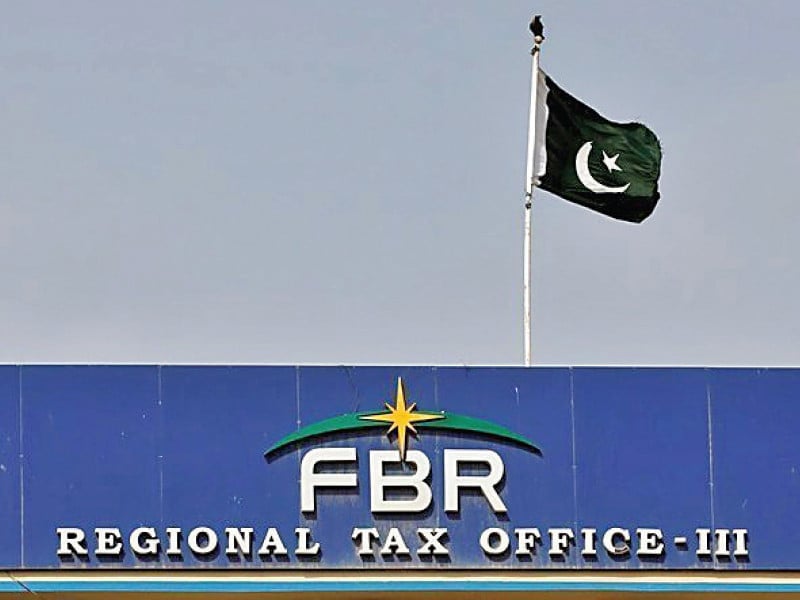Tax Negotiations
The Federal Board of Revenue (FBR) has recently agreed to reconsider the valuation table used for determining the monthly advance tax imposed on retailers, marking a significant development in tax negotiations with the business community.
This decision comes in the wake of a productive meeting with a delegation from the All Pakistan Anjuman-e-Tajran, headed by President Ajmal Baloch.
During this crucial meeting, the FBR updated the traders about the ongoing implementation of the “Tajir Dost Scheme.” This scheme mandates retailers to register and fulfill their tax obligations.
To date, a modest number of 277 retailers have adhered to the scheme, contributing a total of Rs503,632. Despite this initial compliance, the scheme has faced criticism for its effectiveness and the impact of existing tax regulations on small businesses.
Ajmal Baloch, the President of the All Pakistan Anjuman-e-Tajran, voiced significant concerns about the current valuation tables and their adverse effects on businesses across the country.
Baloch highlighted that the valuation tables have led to a disproportionate tax burden on small shopkeepers compared to larger traders, which has been a major point of contention among the trading community.
In response to these concerns, the FBR has proposed the establishment of a joint committee consisting of FBR officials and representatives from the trading community.
This committee will be tasked with reviewing the existing valuation tables and addressing other issues raised by the business sector.
The FBR recognizes the necessity of implementing a more equitable monthly tax rate that does not disproportionately impact smaller retailers compared to their larger counterparts.
Furthermore, the FBR has shown a willingness to revise relevant regulations to better accommodate the demands of traders.
This includes potentially amending tax exemptions and rates based on the size and nature of retail businesses, allowing for a more tailored approach to taxation that reflects the diverse needs of the retail sector.
This flexibility aims to alleviate the financial strain on smaller retailers while ensuring a fair tax structure across the industry.


